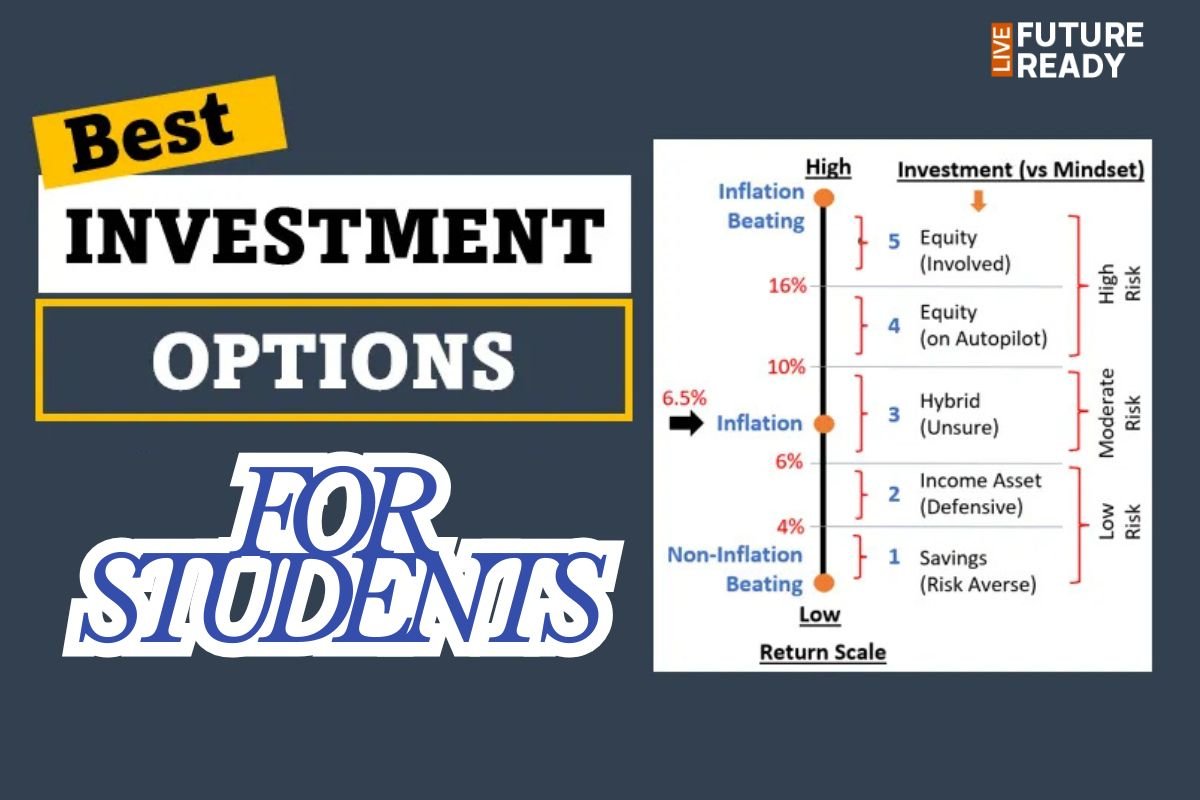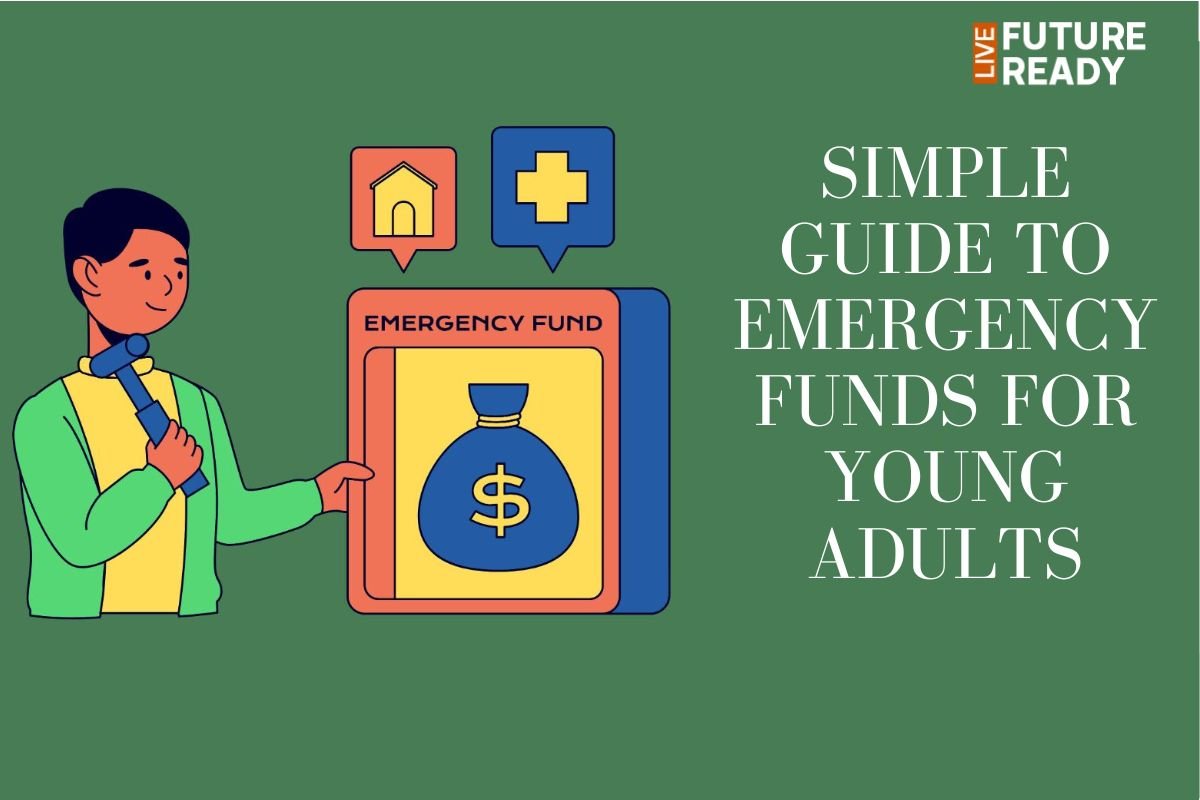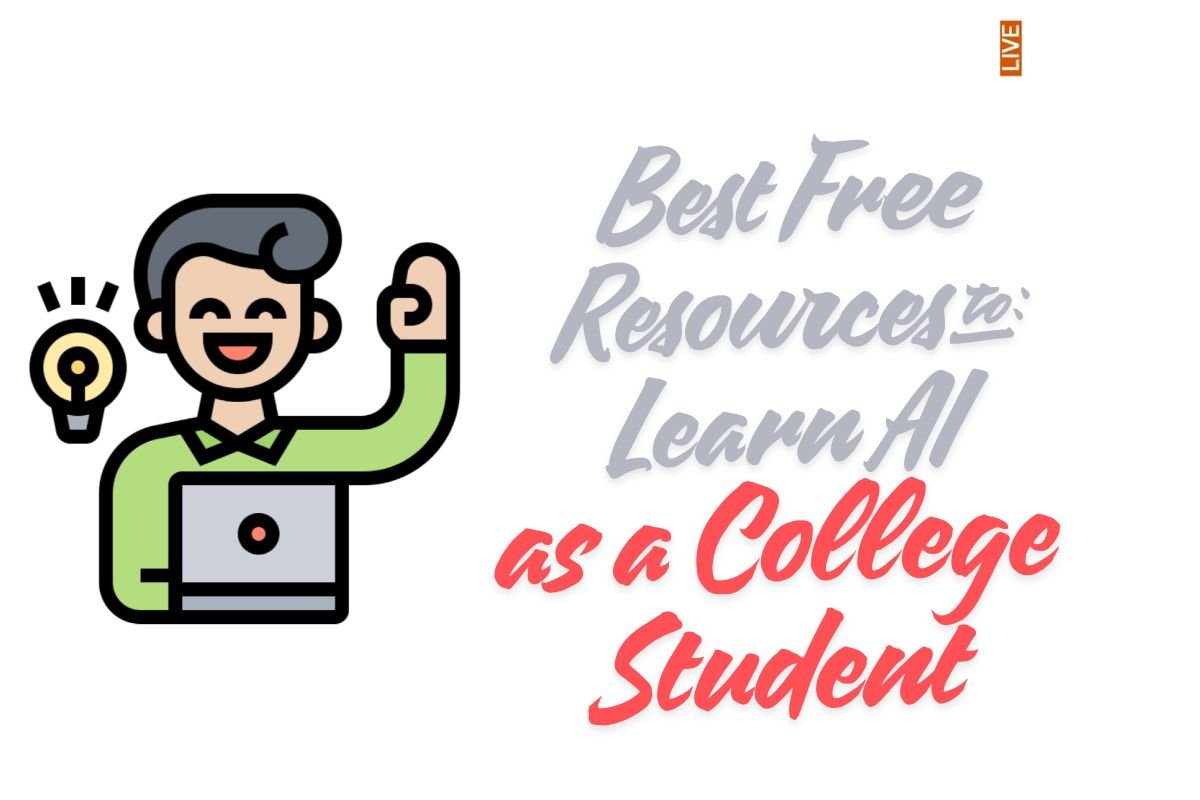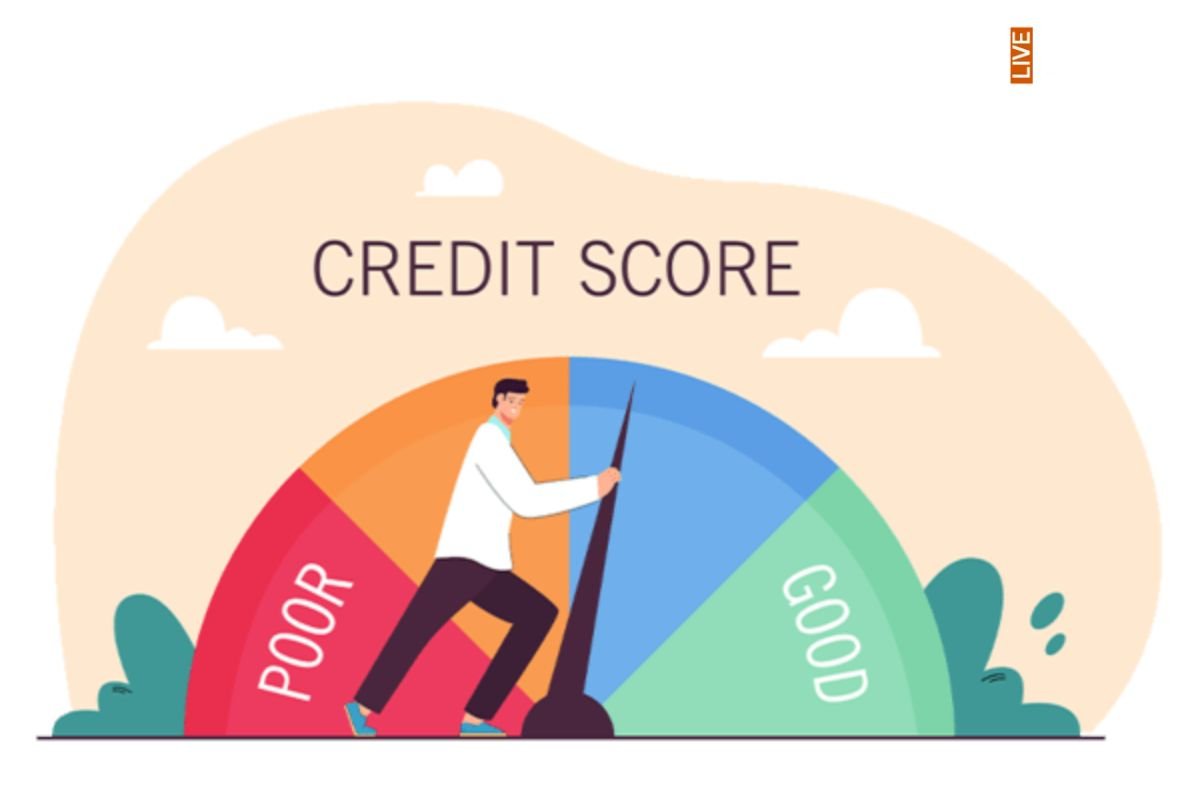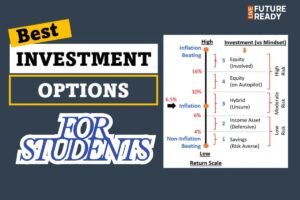Failing your first exam can feel like the end of the world. You might experience intense stress during exam, feel embarrassed, discouraged, or even start to doubt yourself. But here’s the truth: failing your first exam doesn’t define your future. In fact, it can be the first step toward real growth, self-awareness, and success. In this blog, we’ll explore why it’s totally okay to fail your first exam—and how you can bounce back even stronger using effective study techniques and strategies.
How to Fail Your First Exam and Still Succeed
1. Failure Happens to Everyone
Even the smartest students and successful professionals have failed at something. Albert Einstein, Steve Jobs, A.P.J. Abdul Kalam — all faced failures before they achieved greatness.
- You’re not alone
- It’s not the end of your journey
- It’s the beginning of your learning path
The first exam is often about understanding the system, not just testing your knowledge. It’s normal to stumble as you adjust to new studying methods and learning techniques.
2. Failure Teaches You More Than Success
When you succeed, you celebrate. But when you fail, you reflect and learn.
- You ask: Where did I go wrong?
- You start identifying weak spots
- You learn to improve study habits, time management strategies, and mindset
Failure is feedback—not a final result. It’s an opportunity to explore different study techniques and find what works best for you.
3. It Builds Mental Strength
Life won’t always go your way. Learning how to deal with disappointment and stress during exam early on:
- Builds resilience
- Develops emotional intelligence
- Prepares you for bigger challenges
Your first exam failure might actually train you for the real tests in life—college pressure, job interviews, career rejections, and more. It’s a chance to develop stress management skills that will serve you well beyond academics and contribute to your overall mental health.
4. It Helps You Understand Your Learning Style
Maybe you failed because:
- You crammed instead of practicing active learning techniques
- You memorized instead of understanding
- You didn’t manage time well
- You weren’t in the right mindset
This is the perfect chance to figure out how you learn best. Understanding the main learning styles can significantly improve your study sessions. Are you among the visual learners who benefit from diagrams and charts? Or perhaps you’re one of the kinesthetic learners who needs hands-on experience? Maybe you’re one of the verbal learners who thrives on discussions, or one of the logical learners who needs to understand the underlying principles. Some students might even be social learners who prefer group study, while others are solitary learners who concentrate best alone. Once you crack your learning style, future exams get easier.
5. One Exam Doesn’t Decide Your Future
Let’s be clear: one bad grade doesn’t ruin your career.
- Academic paths are long and flexible
- Employers look for skills, growth mindset, and experience, not just marks
- You’ll have many chances to improve
A failed test is just one moment—not your life story. It’s an opportunity to refine your study plan and develop a more effective study routine.
6. You Learn to Handle Pressure Better
Many students fail their first exam simply due to:
- Anxiety
- Overthinking
- Time mismanagement under pressure
Now that you’ve experienced it once, you’re better prepared next time. You know the exam environment. You know what to expect. And that makes a huge difference in managing stress during exams.
Also read: – EMI for That New iPhone Worth It
7. It Can Motivate You to Push Harder
Failure often creates a fire inside. It forces you to decide: “Am I going to give up—or fight back?”
If you use this failure as fuel, you’ll start:
- Studying more regularly using effective study strategies
- Asking for help when needed, perhaps joining study groups
- Taking responsibility for your growth and concentration
This mindset shift is more valuable than any exam score. It’s about developing a sustainable approach to learning and stress management.
Real-Life Examples of Famous Failures
- Thomas Edison was told he was too stupid to learn anything
- J.K. Rowling was rejected by 12 publishers before Harry Potter
- Michael Jordan was cut from his high school basketball team
They all failed before they succeeded. So can you. Their stories remind us that persistence and the right learning techniques can overcome initial setbacks.
8. It’s Okay to Feel Bad, But Don’t Stay There
- Yes, it hurts.
- Yes, it’s disappointing.
- But don’t carry it like a burden forever.
- Cry if you want to.
- Take a break.
- Then get up and move forward.
Talk to friends, teachers, or mentors. You’ll realize it’s more common than you think. Consider practicing mindfulness or breathing exercises to manage stress during exams.
What You Should Do Next
- Analyze What Went Wrong
- Lack of preparation? Time crunch? Poor understanding?
- Adjust Your Study Strategy
- Use active recall, practice questions, mind maps, flashcards, etc.
- Explore different learning styles and find what works for you
- Ask for Help
- From teachers, peers, or online platforms
- Consider joining study groups or teaching others to reinforce your learning
- Set Small Goals
- Focus on improvement, not perfection
- Create a study schedule that includes regular breaks to maintain concentration
- Stay Consistent
- Daily 30 minutes of revision is better than 8 hours of last-minute cramming
- Use the Pomodoro technique to manage your study sessions effectively
- Implement distributed practice for better retention
- Practice Stress Management
- Incorporate relaxation techniques like deep breathing or meditation
- Maintain a healthy sleep schedule to support mental clarity and memory consolidation
- Include regular exercise or physical activity to boost cognitive function
- Use Previous Exam Papers
- Familiarize yourself with the exam format and types of questions
- Practice with short answer questions and timed exercises
- Combat Procrastination
- Break tasks into smaller, manageable chunks
- Create a dedicated study environment to minimize distractions
Final Takeaway
Failing your first exam is not the end—it’s a beginning. It’s your chance to learn, adapt, and come back stronger. The most successful students aren’t the ones who never fail—they’re the ones who never quit and continuously refine their study methods.
So hold your head high. You’re still learning. You’re still growing. And you’re far from done. Remember, every setback is an opportunity to improve your learning techniques, manage exam stress, and develop effective study strategies that will serve you well throughout your academic journey and beyond. Use cheerleading statements to motivate yourself and maintain a positive attitude.









